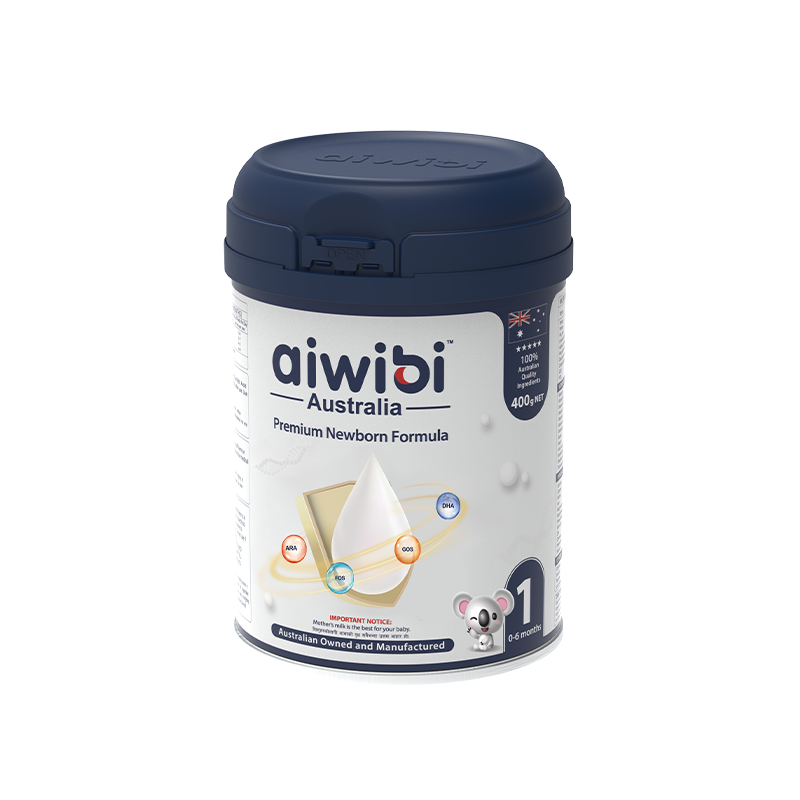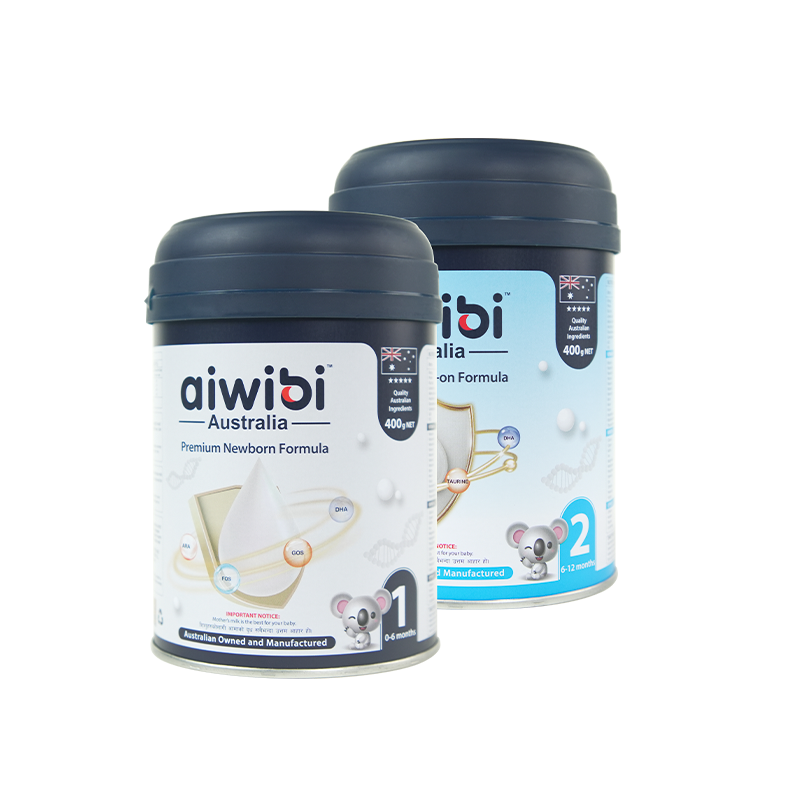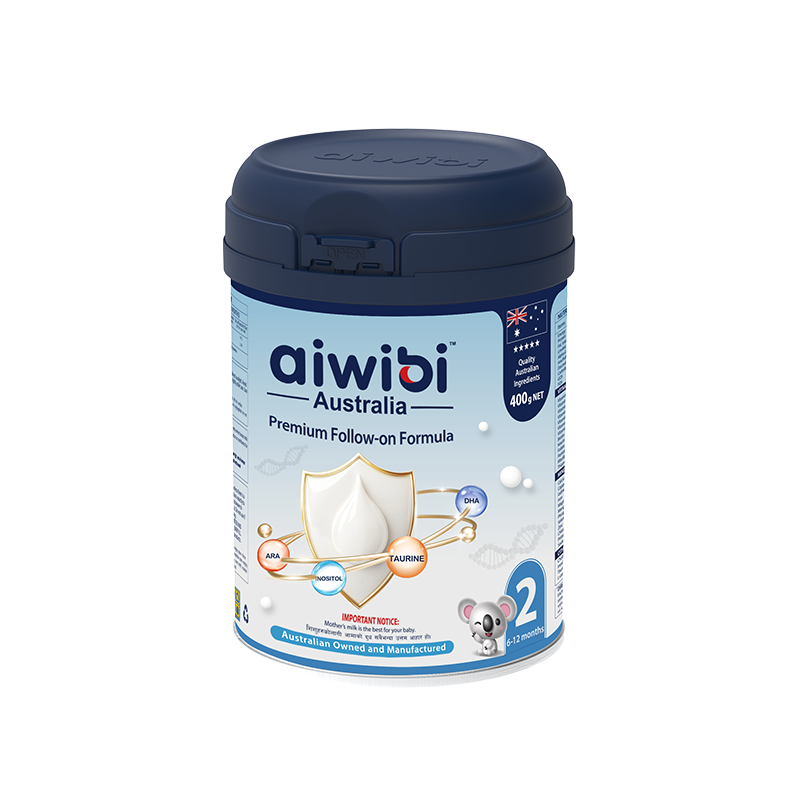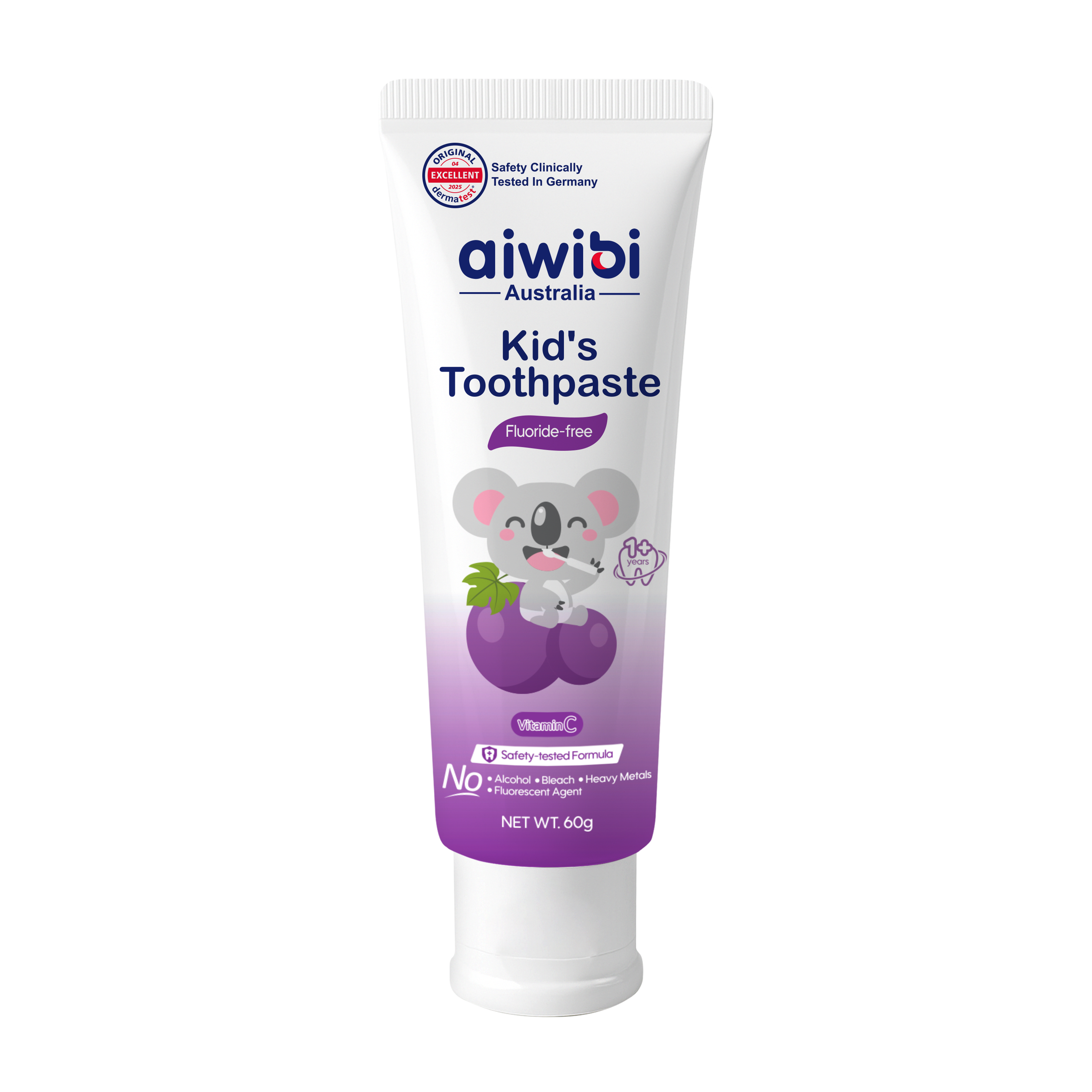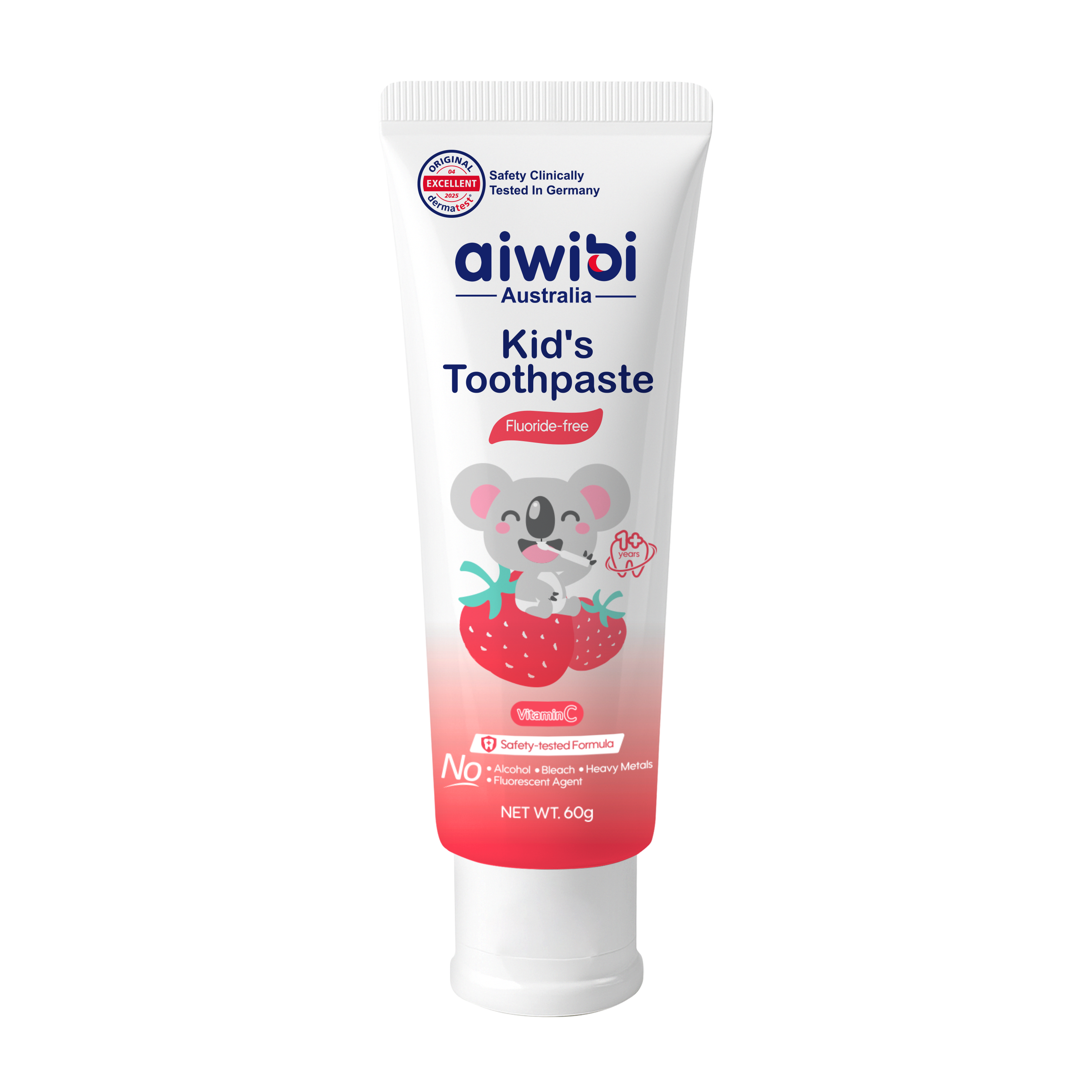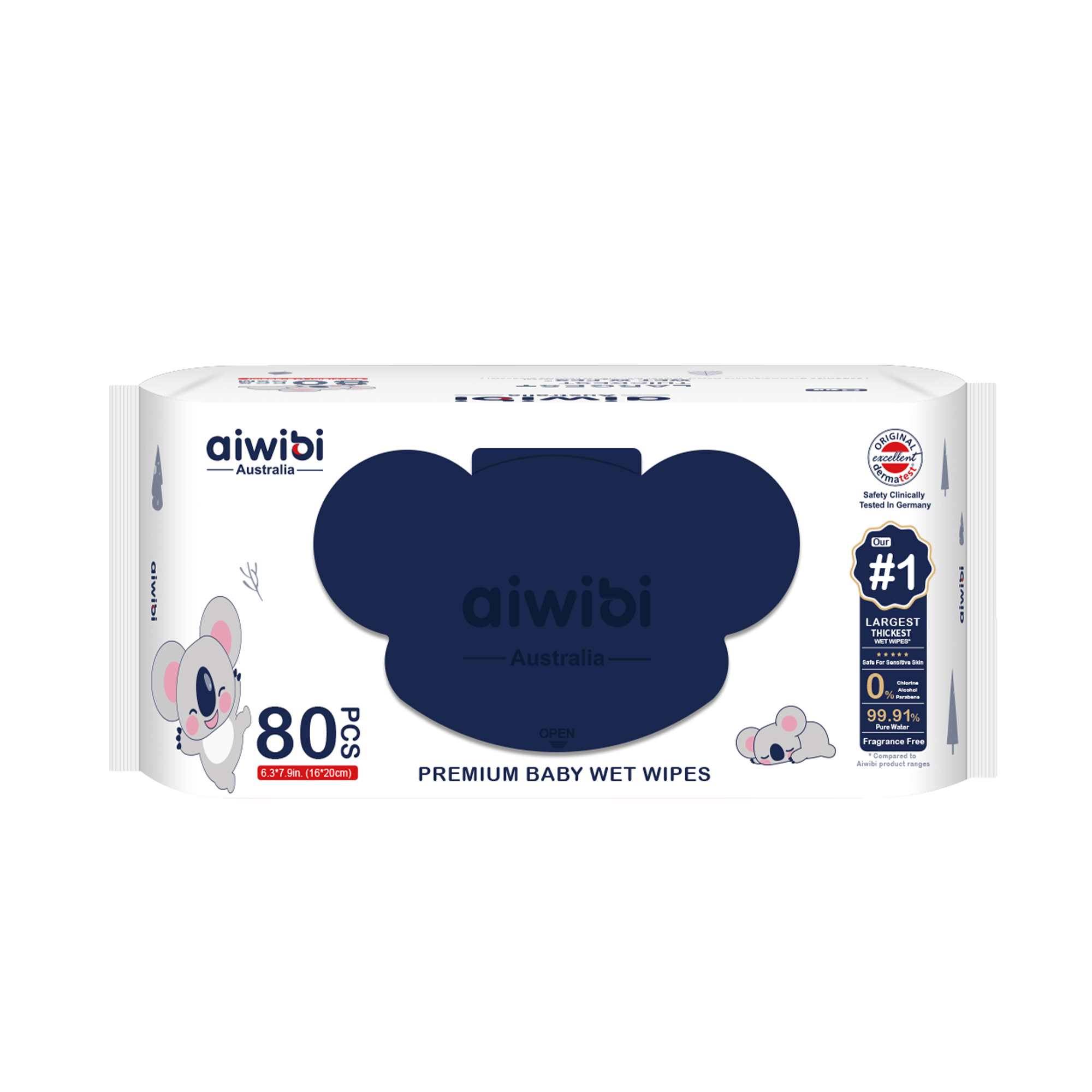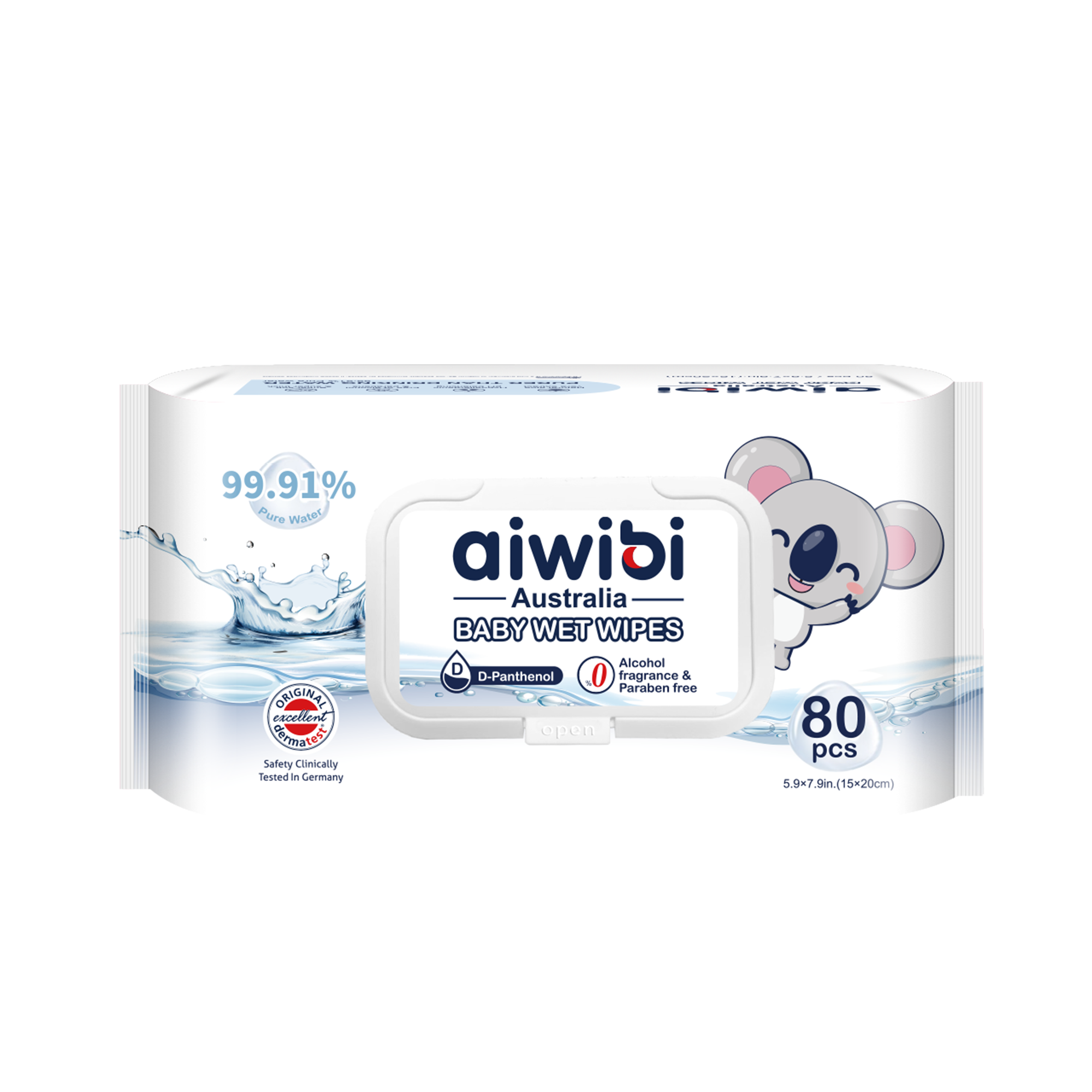Seeing your tiny baby hiccup can be a little concerning, but rest assured, it's a completely normal part of their digestive and nervous system development. For new parents, learning how to properly help your baby burp or soothe their hiccups can make a big difference, ensuring they feel comfortable and making feeding times a more peaceful experience for everyone.
Why Do Newborns Get Hiccups?
Hiccups are essentially involuntary contractions of the diaphragm, the muscle that helps with breathing. For babies, several factors can trigger these little spasms:
- Swallowing Air During Feeds: Whether breastfeeding or bottle-feeding, babies can often swallow air, especially if they feed too quickly or if their latch isn't quite right.
- Temperature Changes: A sudden change in their body temperature or the temperature of their milk can sometimes trigger hiccups.
- Minor Reflux: Sometimes, a small amount of milk or stomach acid might come back up into the esophagus, irritating the diaphragm.
- Immature Digestive System: Your baby's digestive system is still developing and maturing, making them more prone to these little "glitches."

You might even remember your baby having hiccups while still in your womb! Those rhythmic "flutters" were their tiny diaphragms practicing for life outside. This highlights why do babies get hiccups in womb is a natural part of their prenatal development.
Gentle Ways to Help Stop Newborn Hiccups
When your little one starts hiccuping, here are some gentle and safe methods you can try at home:
- Change Position & Take a Break: After a feeding, don't rush to lay your baby down. Hold them upright for a few minutes. This helps any trapped air rise and also allows their little system to settle and relax.
- Offer a Pacifier: The continuous sucking motion of a pacifier can help calm the diaphragm and often makes the hiccups stop.
- Gentle Massage: Lay your baby comfortably in your arms or on their back, and gently massage their back or tummy in circular motions. This soothing touch can help relax the muscles and release any trapped gas.
- Offer a Few More Sips: Sometimes, giving your baby a few more sips of milk (or even warm water if they're old enough and your pediatrician approves) can help alleviate the diaphragm spasm.

When Should You Be Concerned About Newborn Hiccups?
While hiccups are usually harmless, there are rare occasions when they might signal something more. Consult your pediatrician if you notice:
- Very Frequent and Persistent Hiccups: If your baby hiccups more than 3-4 times a day consistently, especially newborn hiccups after feeding or newborn hiccups after breastfeeding, and it's causing you concern.
- Accompanied by Frequent Vomiting: If hiccups are regularly followed by significant spitting up or projectile vomiting.
- Difficulty Breathing: If your baby seems to struggle for breath while hiccuping.
- Slow Weight Gain or Poor Appetite: If hiccups appear to be interfering with their feeding or overall growth.
- Persistent Irritability: If your baby is continuously fussy or uncomfortable during hiccups.
Remember, these symptoms are uncommon. However, if you observe them, it's always best to consult your doctor to rule out any potential digestive or reflux issues.
Your Baby's Hiccups: Part of Growing Up
Hiccups are most common in the first few months after birth because your baby's delicate nervous system is still maturing. As your little one grows, their diaphragm function gradually becomes more regulated, and the frequency of hiccups will typically decrease.
"As your baby grows, the frequency of hiccups typically decreases."
How Do I Know My Baby Needs to Burp or Has Trapped Air?
Sometimes, hiccups are a sign of trapped air that needs to be released. Other common signs include:
- Squirming or Fussy After Eating: They might seem uncomfortable or restless post-feed.
- Starting and Stopping Feeds Several Times: This can indicate discomfort from air.
- Making Smacking Sounds or Sucking on Their Hands: These can be cues that they're trying to relieve discomfort.
- Spitting Up or Minor Vomiting After a Feed: This often happens when air is expelled along with milk.

Can You Lay Baby Down With Hiccups?
Is it OK to lay baby down with hiccups? Generally, it's best to keep your baby upright for at least 20-30 minutes after feeding, whether they have hiccups or not. Laying them down immediately, especially if they have hiccups, can increase the chance of milk refluxing (coming back up) and might make them more uncomfortable. If they are already lying down and suddenly get hiccups, you can gently pick them up to an upright position, or try the pacifier or massage methods. If they seem comfortable and happy despite the hiccups, and it's not immediately after a feed, a short period of laying down might be okay, but observing their comfort is key.
Final Thoughts for Parents
- Don't Stress Too Much: Most of the time, hiccups resolve on their own. Try not to let them cause you undue worry.
- Stay Calm: If hiccups don't seem to be bothering your baby or interfering with their feeding or sleep, they might not need you to stop them. Sometimes, just letting them run their course is perfectly fine.
- Consult Your Pediatrician: If hiccups are excessively frequent, persistent, or affect your baby's feeding or sleep, always reach out to your pediatrician for guidance.
Remember, every baby is unique; what works for one might not work for another. With love, patience, and these practical tips, you'll quickly learn how to soothe those little hiccups and navigate this common aspect of newborn life with confidence. 💕


